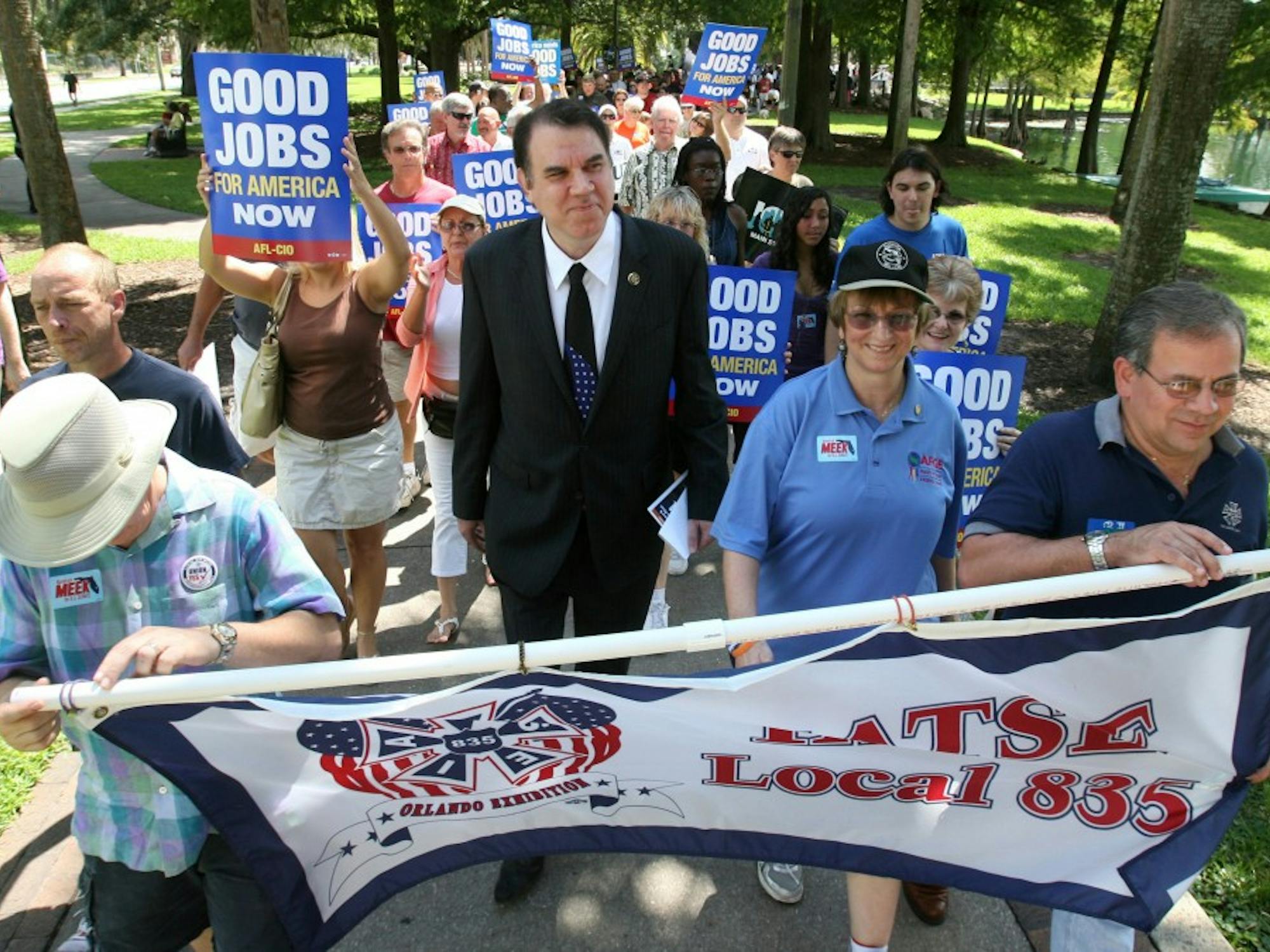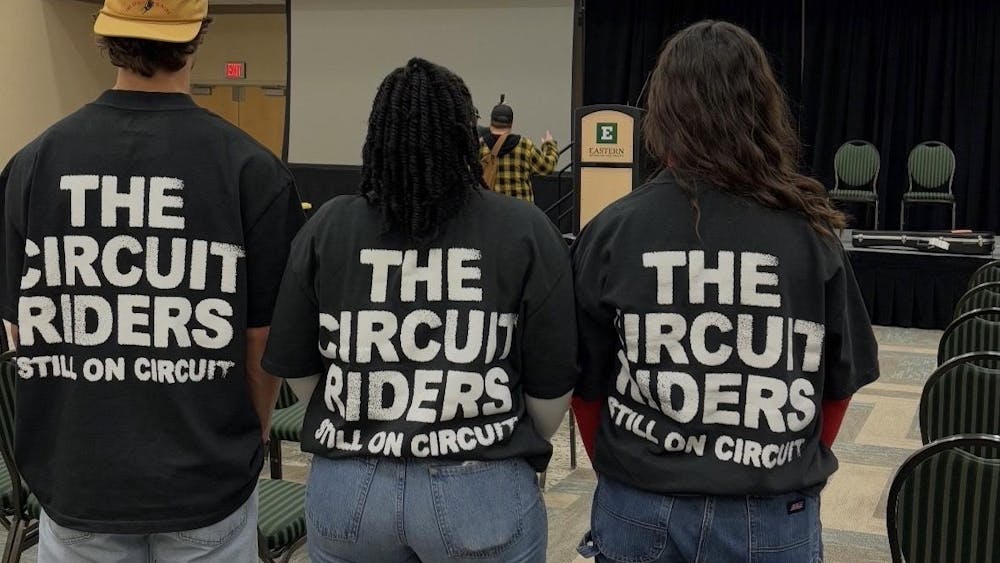Firebrand Democratic Rep. Alan Grayson is now facing a strong backlash after an attack ad launched against his opponent, Daniel Webster, took Webster’s words out of context while comparing him to the Taliban.
What is striking is the contrast between the cruel deception and what I’ve been lead to believe are core principles of the Democratic Party. In fact, despite finding few Democrats I would cast a vote for, I admire the constant attention given in speeches and party rallies to compassion and legislating with the idea of doing what is morally right. Many Republicans could stop repeating the mantra of “smaller government,” which has long since lost any substantive meaning and, instead, try for “better government.” A better government, for instance, that fully considers the human ramifications of any illegal immigration solution.
But before you think I’m going to continue on and bore you with platitudes of political temperance, I will say, now, that I don’t believe moderation is a reasonable way of fashioning a belief system. One should be as extreme as one has to be in order to be correct. Throwing a dart somewhere between Ron Paul and Howard Dean, then proclaiming superiority for being in the center is as peculiar as it is inane. Personally, I’d prefer not to let Paul or Dean influence where I should stand on an issue, even if it’s only by averaging the two.
Dissatisfaction with calls for moderation may be a reason figureheads like Grayson enjoy continued support, regardless of how far they stray from any kind of ideal. In the absence of genuine integrity, people will settle for fake strength.
Twentieth century French poet and essayist Charles Peguy distinguished between concepts he generally referred to as mystique and politique. To briefly condense the idea, the mystique is the essence of a principle, while the politique is what is left when that principle is codified and transformed into law. Having written in defense of the wrongfully accused Alfred Dreyfus years earlier, Peguy wrote that the real traitor was one “who sells his soul and gives himself up, loses his soul, betrays his principles, his ideal, his very being, who betrays his mystique and enters into its corresponding politique.”
I tried to compile a list of five nationally prominent American politicians who didn’t fall into this category and came four short, drawing a blank after Louisiana Congressman Joseph Cao. To put it another way, the American political system needs an influx of officials, candidates, and citizens who care more about doing what is good than winning an election. To say otherwise—win at all costs and take what you can get in policy—cultivates a misplaced faith in the power of law alone.
Another great 20th-century figure, Alexander Solzhenitsyn, said to an audience at Harvard: “Whenever the tissue of life is woven of legalistic relations, there is an atmosphere of moral mediocrity, paralyzing man’s noblest impulses. And it will be simply impossible to stand through the trials of this threatening century with only the support of a legalistic structure.”









